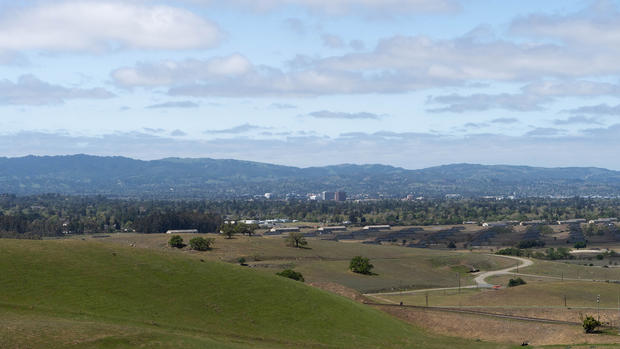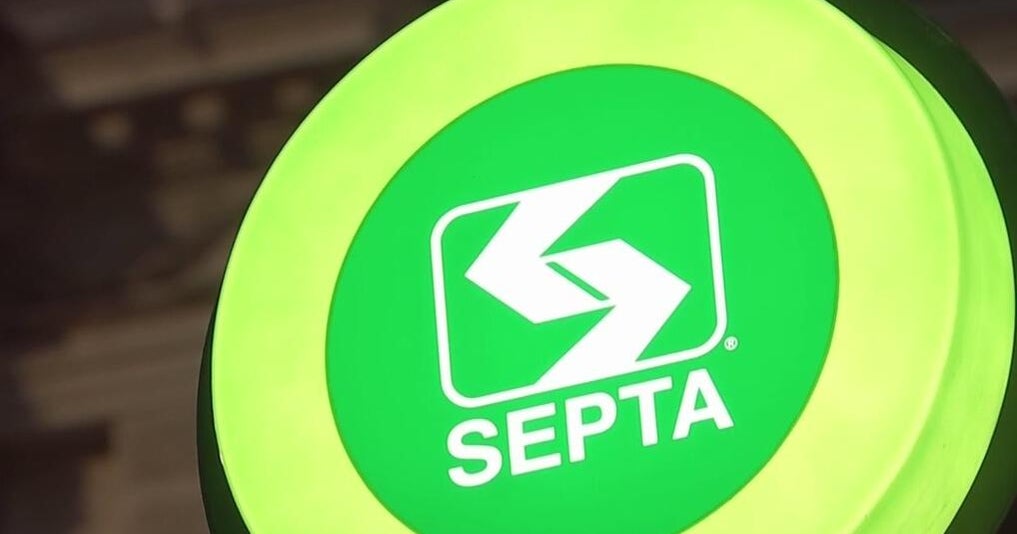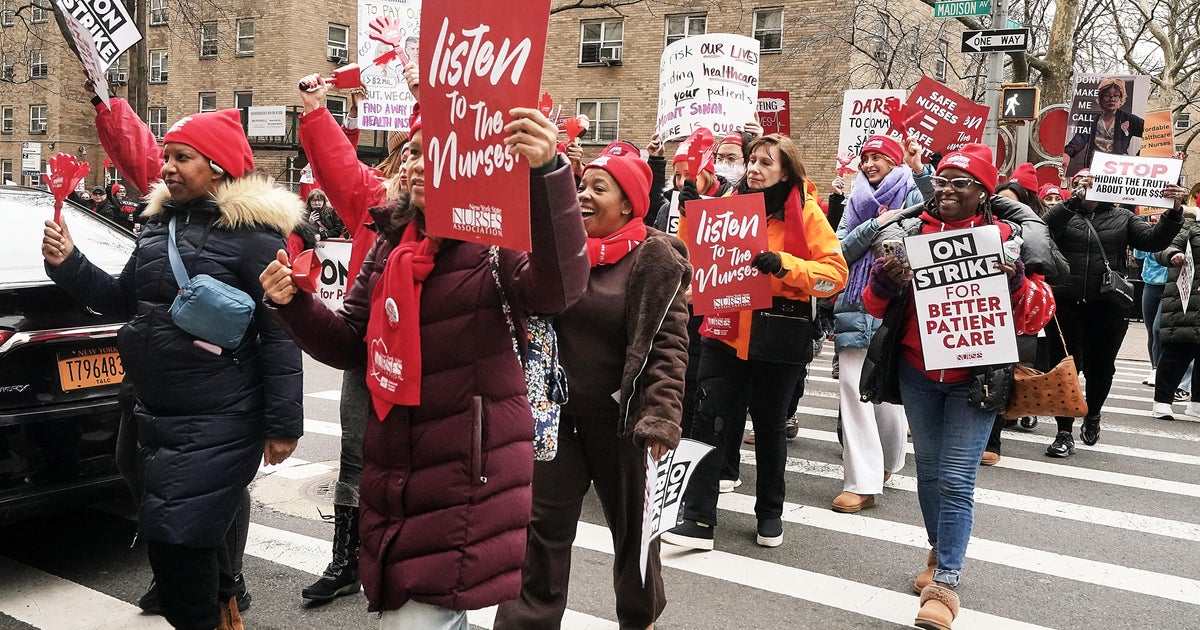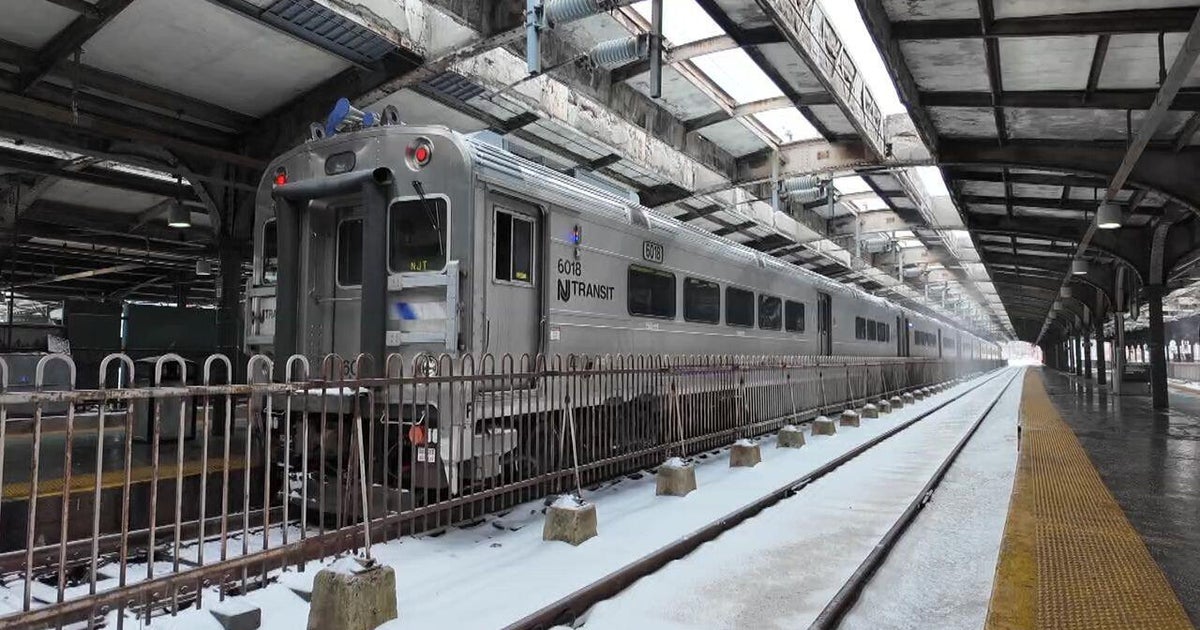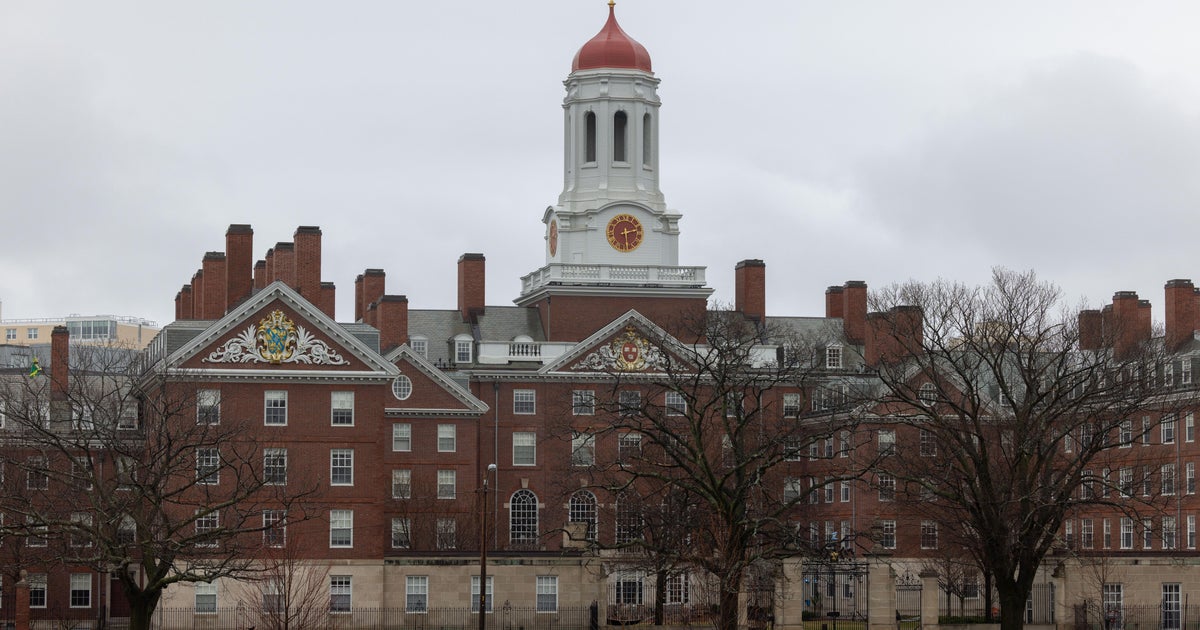Concord city council rejects proposal to develop Naval Weapons Station
CONCORD -- The Concord City Council Saturday morning rejected the term sheet to develop the former Concord Naval Weapons Station that had been submitted by Seeno Homes-owned Concord First Partners.
The decision comprises a major setback to the group of developers involved in the Concord Naval Weapons Station project.
The project has been the biggest issue in Concord since the Navy abandoned the site in 1999. If it comes to fruition, it would likely be the largest housing development in the Bay Area or at least one of the largest.
Now that the city no longer has an exclusive negotiating agreement with Concord First Partners other developers can present proposals to the city, according to Concord city councilwoman Laura Nakamura.
"Before now other developers could not have submitted term sheets. The city would not have accepted them," Nakamura said.
Concord First Partners is a consortium of developers that includes The Discovery Companies, which are owned by the prominent Seeno family.
In the continued special meeting Saturday, the council rejected Concord First Partners' term sheet and directed staff to let the exclusive negotiating agreement with Concord First Partners expire on Jan. 31, 2023.
The action was taken on a 3-2 vote with councilmembers Laura Hoffmeister, Laura Nakamura and Carlyn Obringer voting in favor and Dominic Aliano and Edi Birsan voting against.
The fate of 5,046 acres on the city's northeast side has long been a contentious issue.
The Navy officially designated it as surplus and made Concord the local reuse authority for the site, of which 2,300 acres are targeted for 13,000 units of housing and millions of square feet of commercial space.
The site will also be home to a new 2,540-acre East Bay Regional Park, named Thurgood Marshall Regional Park - Home of the Port Chicago 50, commemorating the nearby Port Chicago tragedy during World War II.
The city has been consistent in its demand the development includes more affordable housing than the state requires. It also wants a guarantee that local labor is used, which was a sticking point with its first master developer, Lennar Five Point. The company pulled out of the project in March 2020 when its initial exclusive negotiating agreement expired and its negotiations with local labor unions failed.
